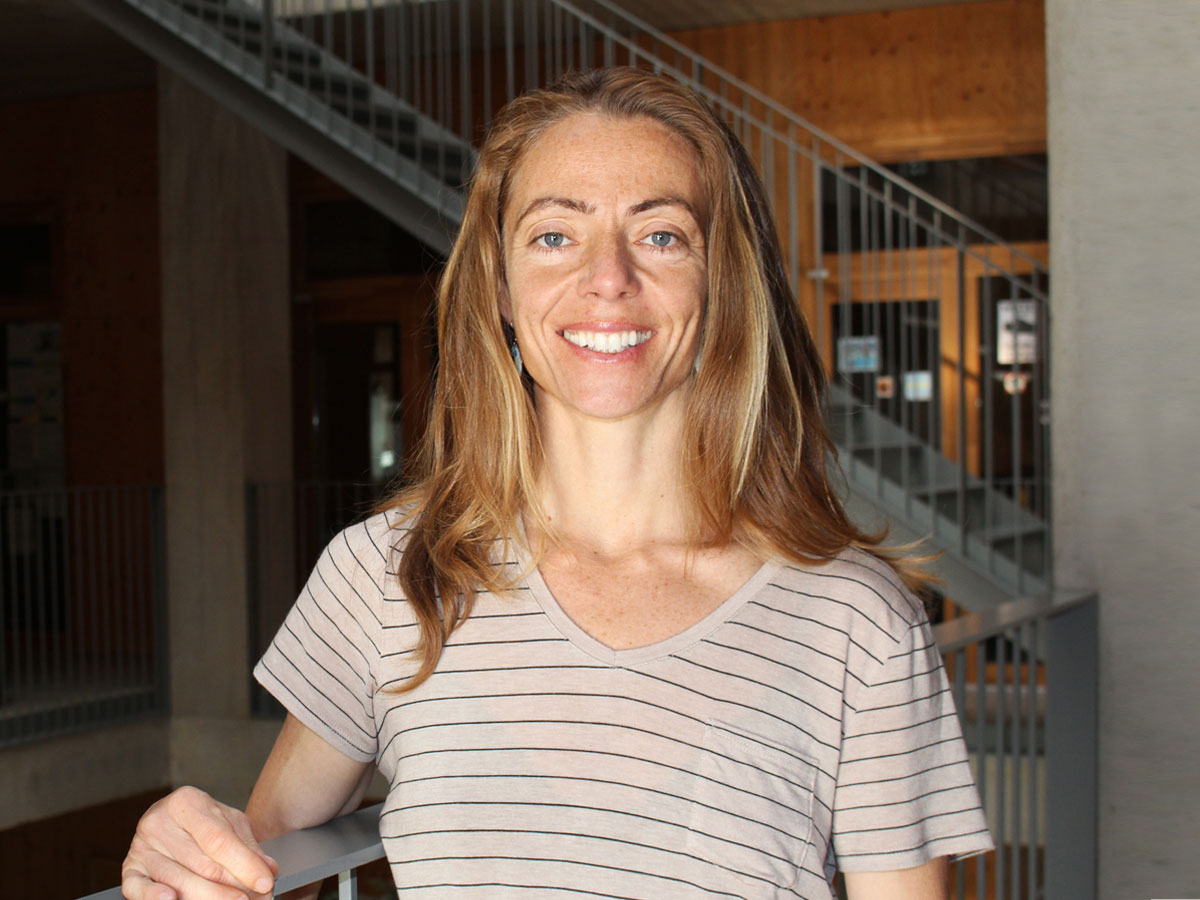Gara Villalba receives an ERC Proof of Concept grant
Gara Villalba, ICREA Research Professor at the Institute of Environmental Science and Technology of the Universitat Autònoma de Barcelona (ICTA-UAB), is one of the top 66 scientists to receive an ERC Proof of Concept grant in the second round of the 2023 call.

The NUTRISOIL project is committed to the circularity of resources within the city and, in particular, of nutrient-rich waste in urban agriculture
The NUTRISOIL project aims to address the impoverished state and quality of the urban and peri-urban agricultural land for the sustainable implementation of urban agriculture in cities.
Currently, many public policies promote urban and peri-urban agriculture with the aim of increasing food autonomy in cities, minimising food losses and reducing the environmental impact associated with transport, mineral fertiliser production and waste management.
Yet up to date, most cities in the European Union have low local crop production and farmers are faced with degraded soils due to intensified soil tillage with heavy machinery, and increased use of organic or chemical fertilisers often with a surplus of nitrogen and phosphorus.
Although crops generate vast volumes of nutrient-rich waste, recovery of these nutrients through composting and wastewater is not possible and remains anecdotal in urban agriculture. What prevents the circularity of nutrients for application in urban areas and what can be done to overcome these obstacles?
Through her project, Gara Villalba is committed to the circularity of resources within the city and proposes that urban waste such as pruning biomass residues from urban parks, forests and agriculture rich in organic carbon be used to improve the function of soil microbiota, counteract the accumulation of carbonates, favour drainage and, in general, improve soil quality and the efficiency of the nutrition cycle. To this end, she will carry out a set of experiments with combinations of pruning residues with recovered nutrients in which crop quality and quantity, environmental emissions and soil quality will be analysed.
Worth 150,000 euros each, the grants help ERC grantees explore the commercial or societal potential of their research findings. This funding is part of the EU's research and innovation programme, Horizon Europe.
Out of the 183 proposals evaluated, 66 projects were selected for funding. The new grants will be awarded to researchers working in 14 countries. The highest number of grants go out to researchers in Spain (12) followed by Germany (9), the UK (8), Italy (7), France (6), Belgium (5), the Netherlands (5), Ireland (3), Israel (3), Denmark (3) and Sweden (2). Additionally, one grant has been given to researchers based in Czechia, Austria, and Portugal.